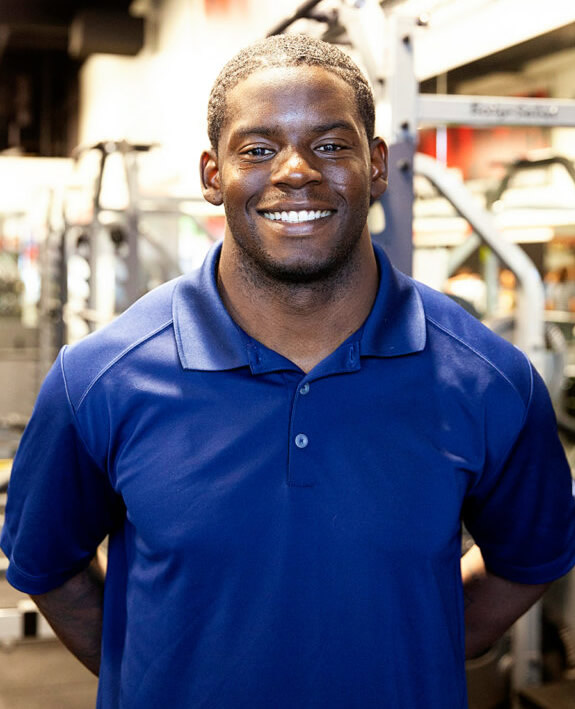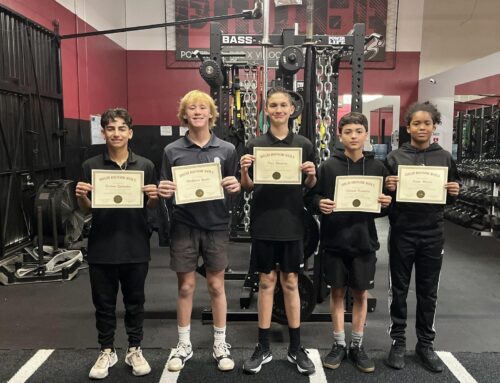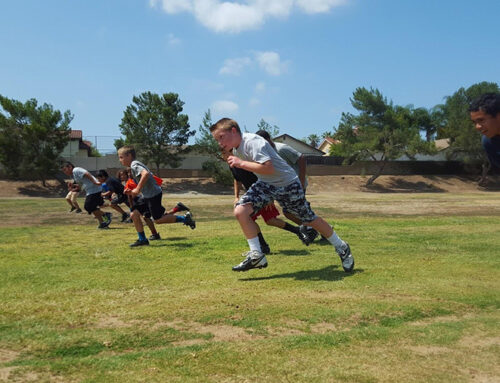In the pursuit of athletic excellence, training regimes often take the spotlight. However, the unsung hero in the journey of muscle development is nutrition. Youth athletes pushing their bodies to the limit require not only intense workouts but also a meticulously crafted diet to optimize muscle growth. Here we’ll delve into the crucial role nutrition plays in the complex process of muscle development for athletes.
Protein: The Building Blocks:
At the heart of muscle development is protein, often referred to as the building blocks of muscles. Athletes engaged in resistance training, weightlifting, or any form of intense physical activity need an increased protein intake. Proteins provide essential amino acids, the foundation for muscle repair and growth. Incorporating lean protein sources like chicken, fish, eggs, and plant-based options ensures a steady supply of these vital nutrients.
Timing Matters:
The timing of nutrient intake is as important as the nutrients themselves. The window of opportunity for muscle protein synthesis is heightened after exercise. Consuming a protein-rich meal or shake post-workout provides the necessary amino acids when the muscles are most receptive to repair and growth. This strategic approach accelerates recovery and enhances muscle development.
Carbohydrates: The Energy Reservoir:
While protein takes the spotlight, carbohydrates play a crucial role as the primary energy source for athletes. Intense workouts deplete glycogen stores in muscles, and a lack of carbohydrates can compromise energy levels, hindering performance. Including complex carbohydrates like whole grains, fruits, and vegetables in the diet replenishes glycogen stores, ensuring athletes have the energy needed to push through challenging workouts and promote muscle development.
Healthy Fats for Hormonal Balance:

Contrary to the myth that all fats are detrimental, healthy fats are essential for hormone production, including those that regulate muscle growth. Omega-3 fatty acids, found in fatty fish, flaxseeds, and walnuts, contribute to an optimal hormonal environment for muscle development. Balancing the types of fats consumed is key to supporting overall health and muscle-building goals.
Hydration: Often Overlooked, Always Essential:
Adequate hydration is a fundamental yet often overlooked aspect of muscle development. Water is essential for nutrient transport, temperature regulation, and overall cellular function. Dehydration can impair athletic performance and hinder the body’s ability to recover and build muscle. Youth athletes must prioritize consistent and ample water intake throughout the day.
Micronutrients for Optimal Function:
Beyond macronutrients like protein, carbohydrates, and fats, micronutrients play a critical role in muscle development. Nutrients like vitamin D, calcium, magnesium, and zinc contribute to bone health, which is integral for overall strength and muscle function. A well-rounded, nutrient-dense diet that includes a variety of fruits and vegetables ensures athletes meet their micronutrient needs for optimal muscle development.
Caloric Surplus: The Muscle-Building Environment:
To build muscle, athletes often need to be in a caloric surplus, meaning they consume more calories than they burn. This surplus provides the energy needed for muscle growth and repair. However, it’s crucial to strike a balance and avoid excessive caloric intake, which can lead to unwanted fat gain. A personalized approach to caloric intake, considering individual energy expenditure and goals, is essential.
In the intricate dance of muscle development, nutrition takes center stage. The right combination of proteins, carbohydrates, fats, and micronutrients, timed strategically and consumed in the appropriate amounts, creates the optimal environment for muscles to grow and thrive. Athletes who prioritize their nutritional intake not only enhance their physical performance but also fortify their bodies against the rigors of training. Nutrition is not merely a complement to training; it’s the fuel that propels athletes toward their muscle development goals, turning dedication into tangible, enduring results on the field, track, or court.- Boostman

Owner, Boost Training Systems in Corona, CA
Level 1 & 2 Coach Bommarito Performance
CSCS, USAW




















